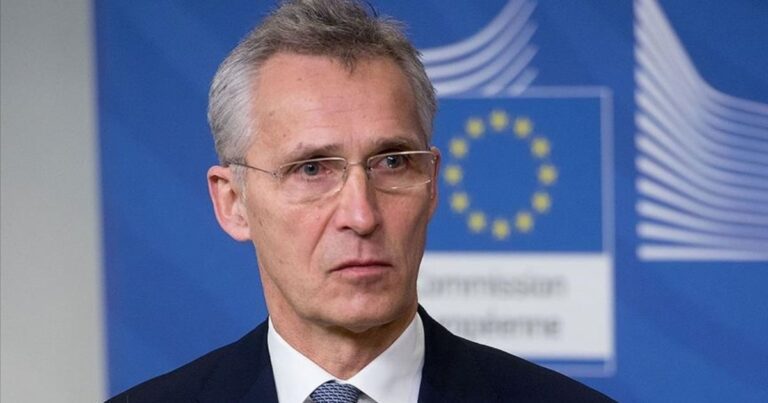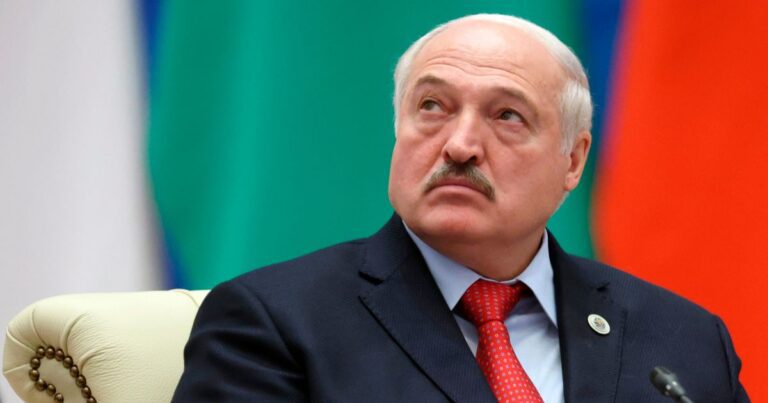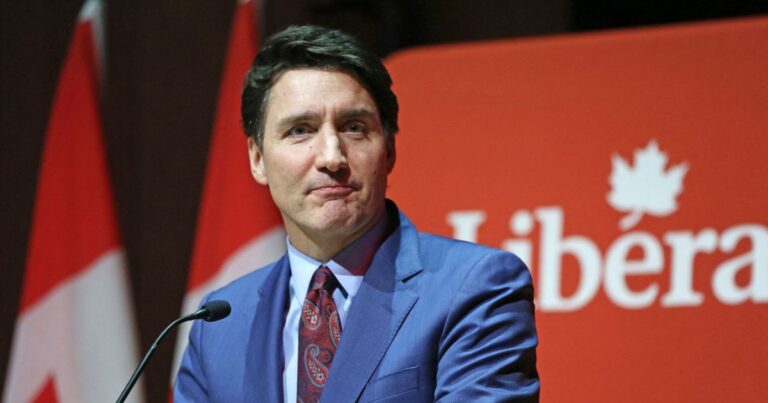Benjamin Netanyahu: Israel’s Longest-Serving and Most Controversial Prime Minister

👶 Early Life and Background
Benjamin “Bibi” Netanyahu was born on October 21, 1949, in Tel Aviv, Israel, shortly after the establishment of the state in 1948.
👨👩👦 Family and Upbringing
- Father: Benzion Netanyahu, a prominent Zionist historian and professor, greatly influenced Benjamin’s worldview, particularly his views on nationalism and Jewish identity.
- Mother: Tzila Segal, of Israeli descent.
- He was raised in a household immersed in right-wing Revisionist Zionist ideology.
📍 Education Abroad
- Spent part of his adolescence in the United States, attending Cheltenham High School in Pennsylvania.
- Returned to Israel to serve in the IDF (Israel Defense Forces).
🪖 Military Service: A Commando in Sayeret Matkal
- Netanyahu served as a captain in the elite special forces unit, Sayeret Matkal.
- Participated in high-risk missions, including:
- Operation Gift (1972) to sabotage Syrian infrastructure.
- Numerous raids during Israel’s war with Arab neighbors.
- His service earned him decorations and recognition as a capable soldier and leader.
- His older brother, Yonatan Netanyahu, was killed while leading the famed Operation Entebbe in 1976—a tragedy that profoundly shaped Netanyahu’s life and career.
🎓 Higher Education and Early Career
After military service, Netanyahu returned to the U.S. for his studies:
- Bachelor’s degree in architecture and Master’s in Management from MIT (Massachusetts Institute of Technology).
- Studied political science at Harvard, though he did not complete a PhD.
🏢 Early Career
- Worked as a management consultant at the Boston Consulting Group.
- Founded the Jonathan Institute, named after his late brother, to advocate against international terrorism.
- Became a frequent speaker and commentator on Israeli security, gaining international attention.
🏛 Entry into Politics: The Rise of a Conservative Hawk
🗺 Israeli Diplomat
- Served as Deputy Chief of Mission at the Israeli Embassy in Washington, D.C. (1982–1984).
- Later appointed Israel’s Permanent Representative to the United Nations (1984–1988), where he sharpened his public speaking and diplomacy skills.
🏛 Entry into the Likud Party
- Joined Likud, Israel’s major right-wing political party, led at the time by Yitzhak Shamir.
- Elected to the Knesset (Israeli Parliament) in 1988.
- Held several ministerial roles including:
- Deputy Foreign Minister
- Minister of Housing and Construction
👑 First Term as Prime Minister (1996–1999)
In 1996, Netanyahu became Israel’s youngest-ever Prime Minister at age 46.
🗳 Election Aftermath of Rabin’s Assassination
- Defeated Shimon Peres in the wake of Yitzhak Rabin’s assassination.
- Campaigned on security and skepticism toward the Oslo Accords with the Palestinians.
🔑 Key Issues and Challenges
- Implemented parts of the Oslo II Accord, under U.S. pressure.
- Met with Palestinian leader Yasser Arafat, despite ideological opposition.
- Maintained a hard stance on terror and demanded Palestinian reciprocity.
- Struggled with internal opposition, diplomatic pressure, and scandals.
📉 Fall from Power
- Lost public trust due to his combative style, alleged corruption, and political infighting.
- Defeated by Ehud Barak in the 1999 election.
📚 Political Hiatus and Return
- Briefly retired from politics, giving speeches and writing.
- Published “A Durable Peace”, outlining his vision for Israeli security and sovereignty.
- Returned to politics in the early 2000s, becoming Finance Minister under Ariel Sharon.
💰 Finance Reforms (2003–2005)
- Implemented free-market reforms, cutting welfare, encouraging privatization, and reducing taxes.
- Credited with reviving Israel’s stagnant economy, but also criticized for hurting low-income families.
🏛 Second Premiership (2009–2021): A Dominant Era
Netanyahu returned to power in 2009 and held office until 2021, becoming Israel’s longest-serving prime minister.
🔐 Domestic Policies and Controversies
🏗 Economic Growth
- Oversaw strong economic performance, especially in the tech sector.
- Promoted natural gas development, turning Israel into an energy exporter.
🏛 Judicial and Political Maneuvering
- Criticized for weakening democratic institutions.
- Accused of using division, fear, and media manipulation to stay in power.
- Opposed Supreme Court oversight and pushed judicial reforms.
⚖️ Corruption Charges
- Indicted in three separate corruption cases (Cases 1000, 2000, and 4000).
- Accused of bribery, fraud, and breach of trust, including:
- Accepting lavish gifts from billionaires.
- Making favorable regulatory decisions in exchange for positive media coverage.
- First sitting Israeli Prime Minister to face trial while in office.
🌍 Foreign Policy: A Hawkish Diplomatic Strategist
🇺🇸 Close Ties with the United States
- Strong personal and political ties with Republican leaders, especially Donald Trump.
- Supported Trump’s:
- Withdrawal from the Iran nuclear deal.
- Recognition of Jerusalem as Israel’s capital.
- Recognition of Israeli sovereignty over the Golan Heights.
🕊 Abraham Accords (2020)
- Brokered peace agreements with UAE, Bahrain, Sudan, and Morocco.
- Marked a historic normalization of ties between Israel and several Arab states.
- Seen as one of Netanyahu’s crowning diplomatic achievements.
☢ Iran and National Security
- Iran was Netanyahu’s top foreign policy priority.
- Strong opponent of the 2015 JCPOA nuclear deal.
- Publicly clashed with President Barack Obama over the deal—even speaking before U.S. Congress without White House approval in 2015.
🪖 Gaza Conflicts and Palestinian Relations
- Oversaw multiple military operations in Gaza:
- Operation Cast Lead (2009)
- Operation Pillar of Defense (2012)
- Operation Protective Edge (2014)
- Operation Guardian of the Walls (2021)
- Adopted a deterrence-based policy, favoring security walls and military strength over peace negotiations.
❌ Criticized for:
- Blockades and disproportionate responses in Gaza.
- Expanding settlements in the West Bank, undermining the two-state solution.
- Fueling Arab-Jewish tensions within Israel.
🔁 Ousting and Comeback (2021–2022)
- Ousted in June 2021 by a broad anti-Netanyahu coalition, led by Naftali Bennett and Yair Lapid.
- Despite defeat, remained head of the opposition and Likud leader.
👑 Return to Power in 2022
- In November 2022, Netanyahu returned to power after fifth elections in four years, forming a right-wing coalition, including ultra-nationalist and ultra-Orthodox parties.
🧨 Judicial Overhaul and Protests (2023–Present)
- Launched judicial reforms to reduce Supreme Court power.
- Triggered mass protests, including:
- Military reservists refusing duty
- Nationwide strikes
- Accusations of undermining Israeli democracy
🛡 2023 Hamas Attack and War in Gaza
On October 7, 2023, Hamas launched a surprise cross-border attack, killing over 1,200 Israelis and taking hostages.
⚔ Netanyahu’s Response
- Declared a state of war for the first time since 1973.
- Launched extensive airstrikes and ground operations in Gaza.
- Criticized for failing to anticipate the attack and for civilian casualties in Gaza.
🧑🤝🧑 Personal Life and Public Image
- Married to Sara Netanyahu, a former flight attendant. They have two sons.
- Known for:
- Sharp rhetorical skills
- Media savvy
- A polarizing yet dominant presence in Israeli politics
🔚 Legacy and Future Outlook
✅ Legacy Highlights
- Longest-serving Prime Minister in Israel’s history
- Architect of Israel’s high-tech economy
- Champion of security and international diplomacy
- Orchestrated historic normalization with Arab nations
❌ Controversies
- Corruption trials
- Undermining of democratic norms
- Deepening political and social polarization
🔮 What Lies Ahead?
- Will Netanyahu survive the legal and public backlash?
- Can he lead Israel through its security and democratic crises?
- Will history view him as a visionary or a divisive figure?
One thing is clear: Benjamin Netanyahu’s impact on Israeli politics is unmatched, and his name is etched into the region’s turbulent modern history.
🌐 Further Reading on Benjamin Netanyahu and Israeli Politics
- BBC – Benjamin Netanyahu: Israel’s Political Survivor
- Brookings Institution – Netanyahu and the Future of Israeli Democracy
- Council on Foreign Relations – Israel’s Domestic Politics
- Al Jazeera – Benjamin Netanyahu: Political Journey and Controversies
- Reuters – Latest Coverage on Netanyahu
- The New York Times – Benjamin Netanyahu Profile
- Carnegie Endowment – Netanyahu’s Policies and Regional Impact





